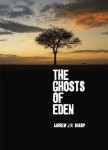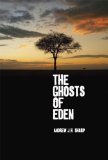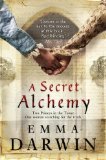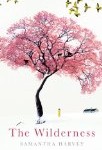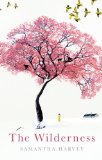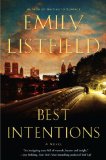The synopsis for Mr Toppit sounds really interesting. The idea is that the author of The Hayseed Chronicles, a series of children’s books has died, and after his death his family discover secrets buried within the books. Unfortunately the book didn’t live up to my expectations.
It started off reasonably well, and had a few interesting sections, but there were many points where I became bored. The characters failed to engage me, and it lacked the atmosphere required for a book supposedly full of dark secrets – the setting was too modern and normal, so any attempts to portray mystery and fear just came across as a bit silly. I nearly gave up at one point, but then the plot picked up again so I made it to the end. In many ways I wish that I hadn’t, as the ending was disappointing. The ‘dark secret’ was very normal and I felt a bit let down.
The few brief appearances of Mr Toppit were really good, and I wish that the book had concentrated on the Hayseed Chronicles instead of the family. If you are looking for a dark mystery, then I recommend The Thirteenth Tale, The Little Stranger or The Seance instead.
Charles Elton is clearly a talented author, and I would read other books written by him in the future, but this one just didn’t capture my imagination. I hope he write the Hayseed Chronicles one day, as I’d read them!
![]()
Have you read any of the other Richard and Judy Summer reads this year?

